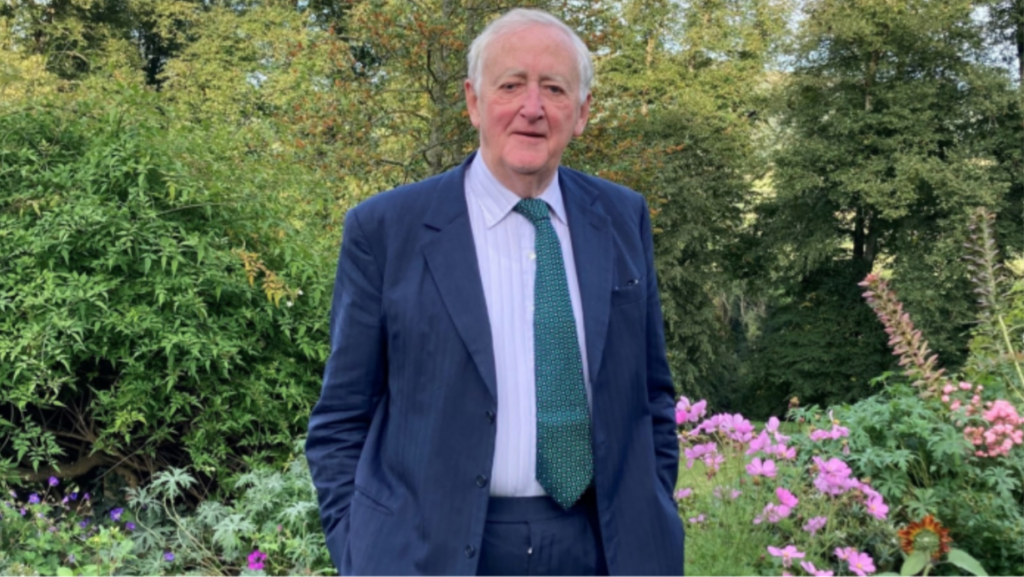David Hooper is a veteran media lawyer who has represented both claimants and defendants. He has predominantly acted for defendants championing the cause of free speech. He has represented newspapers, news agencies, publishers, magazines, television, insurance companies, charities, and not for profit organisations in United Kingdom, United States and in Europe. He has also represented a serving President, a serving Prime Minister, politicians, members of Special Forces, actors, musicians, impressarios, businessmen, civil servants, entrepreneurs as well as individuals across a wide spectrum of society.

He represented the Sunday Times in a key freedom of speech case when it was established that a county council could not sue for damage to its governing reputation. He acted for Peter Wright in the Spycatcher case in Australia and for the publishers of the Harry Potter books and represented Andy McNab when the Ministry of Defence tried to injunct his memoir Immediate Action. However, he has never acted for an oligarch.
Before writing Buying Silence: How Oligarchs, Corporations and Plutocrats Use the Law to Gag their Critics, he has written three widely acclaimed books on media subjects, “Public Scandal, Odium and Contempt,” “Official Secrets: The Use and Abuse of the Act,” and “Reputations Under Fire: Winners and Losers in the Libel Business”. He has written many articles on media law topics, lectured to journalists and publishers on media law and participated in television and radio programs and podcasts.
In his book The Spycatcher Trial Malcolm Turnbull, later Prime Minister of Australia, describes meeting David Hooper:
“Hooper was an improbable scourge of the British Establishment. He speaks with a languid upper-class accent, affects an occasional stutter and generally gives the impression of being much calmer than he is.” (p 7-8). “Since intelligence agencies do not like admitting to their bugging activities, we knew it was most unlikely that they would be prepared to use telephone taps as evidence. It provided us with splendid opportunities for misinformation. Our entirely fictitious conversations about lines of cross-examination of Robert Armstrong (the Cabinet Secretary) generally occurred late either in my or Hooper’s night and not infrequently after one of us had returned from dinner. We rather enjoyed the prospects of our opponents reading the intercepted messages and wondering whether, just possibly, we might not have been pulling their leg.”
Even more bizarrely David Hooper was in part a model for the MI6 (an organisation he had never worked for) desk officer Simmonds in Andy Mcnab’s 1997 book Remote Control:
“His voice and confidence were shaped on the playing fields of Eton. He measured his words slowly like a QC with the meter running.” (p 13) “He was rather distinguished looking, 6 foot tall, late 40s, very polite. Dressed in corduroy trousers, the colour of Colman’s mustard and a shirt that looked as if he had slept in it.” (p 29)
When Andy McNab signed my copy of Remote Control, he did, however, write:
“After seeing you today, Simmonds has a better dress sense!!”
Article


Times Article: Some law firms have lost their moral compass
Lawyer of the Week

The Times – Lawyer of the Week